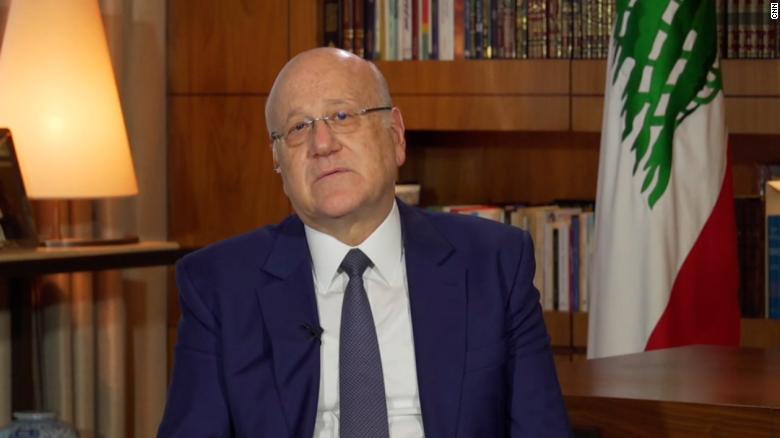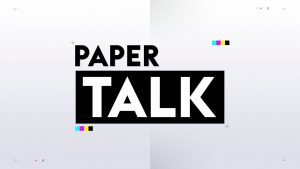New Lebanon PM seeks ‘quick fixes’ to help the country

In his first interview with an international media outlet since forming a government a week ago, Mikati acknowledged that some Lebanese would struggle to put their faith in him and his government after so many politicians have failed them in the past. But, he told CNN, it is “time to have a government” to take decisions and end the country’s political vacuum, before elections that are planned for next May.”I’m doing the quick, the quick fixes that (need) to be done immediately, especially energy, health, education, work and transparency, and show the Lebanese that there is a governance. There is a transparency. That’s what we are trying to do. And hopefully it will take,” he said. He did not clarify how he would carry out these fixes.Mikati, a billionaire who served previously as caretaker prime minister in 2005 and 2011, heads a cabinet that will preside over an economic depression which the World Bank considers one of the world’s worst since the mid-19th century.And while there are new faces in the government, many have been handpicked by the same political establishment and groups blamed for the “Lebanon is a tiny small country in the Arab world, and we are looking for the big brother from all Arab countries to come take our hand, and to take Lebanon [out] from this mess,” Mikati said. “A stable Lebanon will benefit the entire Arab world.”Asked about the presence of Hezbollah allies in his government, Mikati said: “Hezbollah as a political party exists in Lebanon… I cannot bypass this party.”Arab countries have yet to call Mikati since the formation of his government last week, however he remains optimistic that he will receive “a positive response,” Mikati said.The Prime Minister added that he had received calls from members of the US administration in the past week, all of whom were supportive of his government, but that US President Joe Biden had not called him.On Thursday, Hezbollah paraded tankers filled with Iranian fuel in Lebanon’s Bekaa valley in defiance of US sanctions. However, Mikati said that fuel shipment was not approved by the Lebanese government.”The Lebanese government didn’t approve this … so I don’t believe Lebanese government would be subject to any sanctions,” he said.Meanwhile, more than a year after the port blast, there are still many unanswered questions about what led to the tragedy.Mikati reiterated that he is calling for an international investigation into the explosion. “I cannot say who, but definitely there is someone to blame,” he said.CNN’s Tamara Qiblawi contributed to this report.





